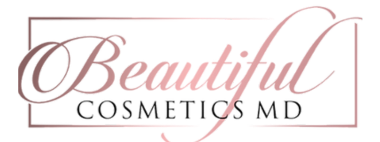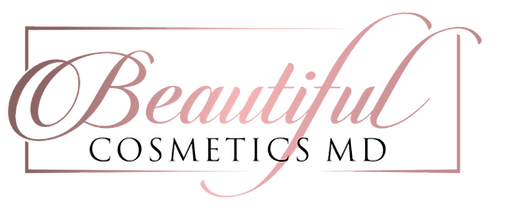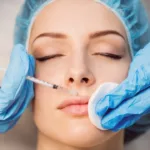 At Beautiful Cosmetics Dr Hamkar is committed to offering the most current and effective cosmetic products and treatments available today to help his patients stay ahead of the curve and achieve stunning, natural-looking, and long-lasting results. Keep reading for a closer comparison of two of the most popular wrinkle relaxers, BOTOX and Jeuveau, and find out which one may give you the most bang for your buck.
At Beautiful Cosmetics Dr Hamkar is committed to offering the most current and effective cosmetic products and treatments available today to help his patients stay ahead of the curve and achieve stunning, natural-looking, and long-lasting results. Keep reading for a closer comparison of two of the most popular wrinkle relaxers, BOTOX and Jeuveau, and find out which one may give you the most bang for your buck.
The Basics of BOTOX
Without question, BOTOX is one of the most popular injectable wrinkle relaxers on the market, though there are now several BOTOX alternatives that are growing in popularity each year– like Dysport® and Xeomin®. All of these wrinkle relaxers are classified as injectable neurotoxins and can be used to improve the appearance of expressive lines and wrinkles on the face. Additionally, BOTOX can be used to treat certain medical conditions, such as chronic headaches or hyperhidrosis. Generally speaking, BOTOX works by temporarily paralyzing the muscle into which it is injected, forcing the wrinkles on the skin’s surface to relax. Some of the most common concerns that can be addressed with BOTOX injections include:What is Jeuveau?
Jeuveau is a prescription medication used to treat moderate to severe frown lines between the eyebrows (glabellar lines) in adults. This is a type of botulinum toxin similar to Botox that works by temporarily relaxing the muscles that cause wrinkles. Jeuveau injections are given by healthcare professionals and usually last several months before other treatment is needed. This non-invasive procedure is popular for its ability to smooth facial wrinkles and create a more youthful appearance.What’s The difference between BOTOX and Jeuveau?
Both BOTOX and Jeuveau are injectable neurotoxins that can help minimize the appearance of dynamic facial lines and wrinkles. The primary difference between Jeuveau and BOTOX lies in the specific strain of botulinum toxin contained within each product. Additionally, the two wrinkle relaxers are manufactured by different companies located in different countries. Another noteworthy difference between BOTOX and Jeuveau is that Jeuveau is only approved for cosmetic use, whereas BOTOX is FDA approved for a number of cosmetic and medical/functional applications. However, both products can produce virtually identical results when used as cosmetic wrinkle relaxers.Does BOTOX or Jeuveau last longer?
Both BOTOX and Jeuveau provide effects that last for an average of 3 – 4 months. However, some patients report that Jeuveau tends to last a little longer for them – up to 5 or 6 months – than BOTOX does. For patients who do not notice a difference in how long BOTOX lasts vs. how long Jeuveau lasts, the price can be a deciding factor in choosing between the two. Generally speaking, Jeuveau is offered at a lower price point compared to BOTOX, in part because Jeuveau is approved only for cosmetic use. During your initial consultation for wrinkle relaxers at Beautiful Cosmetics MD, Dr Hamkar will explain all of your available options in great detail and help determine which product can give you the most beautiful results while meeting your financial and lifestyle needs as well.Jeuveau is an FDA-approved injectable treatment designed to reduce the appearance of wrinkles, particularly frown lines between the eyebrows. It contains botulinum toxin type A, which temporarily relaxes facial muscles responsible for creating wrinkles, resulting in smoother skin.
Jeuveau works by blocking the release of acetylcholine, a chemical that signals muscles to contract. By temporarily paralyzing targeted facial muscles, it smooths wrinkles and lines, giving the face a more youthful appearance. Results typically appear within a few days and can last for several months.
Like other botulinum toxin type A treatments, Jeuveau is generally safe when administered by a trained healthcare professional. However, it may cause side effects such as injection site pain, bruising, or headache. Serious complications are rare but possible and should be discussed with a healthcare provider.
The effects of Jeuveau usually last for about three to six months, though individual results may vary. After this time, muscle activity gradually returns, and wrinkles may reappear. To maintain results, follow-up treatments are typically recommended.
Jeuveau is suitable for adults seeking to diminish moderate to severe frown lines between the eyebrows. Individuals who are pregnant, breastfeeding, or have certain neurological disorders should avoid










